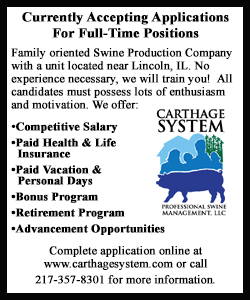|
 The Redwood City, California-based company's shares rose as much as
21 percent to $24 on Wednesday. The Redwood City, California-based company's shares rose as much as
21 percent to $24 on Wednesday.
Nausea and vomiting, one of the most acute side effects of
chemotherapy, occurs in up to 80 percent of patients and is the
leading cause of patients discontinuing treatment, according to the
National Institute of Health.
Other chemotherapy-induced nausea and vomiting (CINV) treatments,
including Eisai's Aloxi injection, are generally effective for 48
hours or less, but Heron's Sustol can protect patients for five
days, the company said on Wednesday.
"Sustol appears to have gotten a favorable label ... and the
approval removes a major overhang on the stock," Leerink's Jason
Gerberry wrote in a note.
The FDA said in April it found no deficiencies in Sustol's marketing
application, after postponing its decision on the drug first in
January and then in late February.

Sustol was approved in combination with other agents to prevent
nausea and vomiting associated with some forms of chemotherapy,
excluding platinum-based regimens, Heron said.
The absence of platinum-based therapies from the label is a bit
disappointing, given that Sustol showed a strong response in
patients in this class of chemotherapy, Cowen & Co's Boris Peaker
wrote in a note.
This exclusion reduces Sustol's addressable population by about 7
percent, company executives said on a conference call.
Heron did not disclose Sustol's price, but said it would reference
recently approved CINV treatments. Cowen's Peaker estimates a price
of $200 per patient.
Tesaro Inc's oral CINV treatment, rolapitant, was approved last
September and works by blocking the activation of neurokinin (NK)-1
receptor.
[to top of second column] |

Sustol, like Aloxi, targets the serotonin-3 (5-HT3) receptor, which
plays a role in nausea and vomiting.
Sustol, which is an injectable version of the generic granisetron,
will be launched in the fourth quarter.
Heron said it had a support plan in place, consisting of co-pay
assistance, extended financing until practices receive
reimbursement, and would potentially reimburse patients if insurance
claims are rejected.
The treatment is expected to generate peak sales of $306.3 million
by 2021, according to Thomson Reuters Cortellis.
Heron's stock, which had lost about a quarter of its value this year
up to Tuesday's close, was up about 9 percent in morning trading on
Wednesday.
(Reporting by Natalie Grover and Samantha Kareen Nair in Bengaluru;
Editing by Saumyadeb Chakrabarty)
[© 2016 Thomson Reuters. All rights
reserved.] Copyright 2016 Reuters. All rights reserved. This material may not be published,
broadcast, rewritten or redistributed.
 |